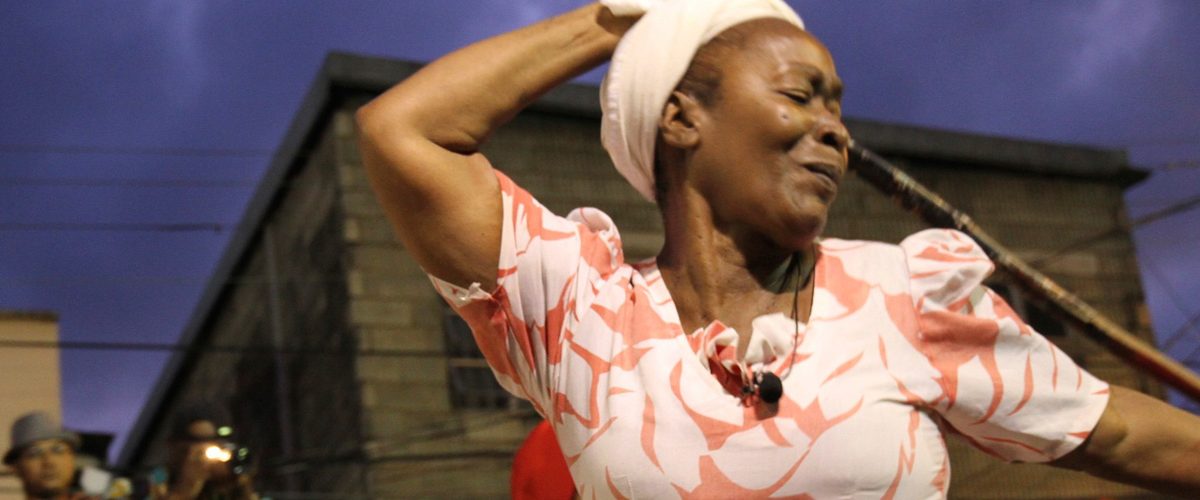
By 1881, the people of the barrack yards had had enough. They made the decision to fight for the right to practice their carnival rituals or die defending their culture. Perhaps for the first time in the history of the stick-fighting tradition, the various stick groups notorious for their territorial fights put aside their differences to defeat the plan by the police chief Captain Baker to stop the Carnival.
Evidence suggests that the re-enactment of the Canboulay or ‘Cannes Brulees’, French for burning cane, took place even before full Emancipation in 1838. It is not unreasonable to conclude that the Africans themselves set the fires; as such, the celebration of the burning of the canes would have been their way of laughing at the losses of the plantation owners.
From 1797 Trinidad came under the control of the British. They enriched themselves through sugar production. Indeed, British businessmen so dominated the industry that the French upper-classes eventually moved into successful cocoa production on lands that they purchased (conned) out of Venezuelan labourers who migrated to Trinidad in the early 1800s because of political and social turmoil on mainland South America.
The point is, at the time of the 1881 riots, the separation of the classes by virtue of wealth, possession of land and education was extremely wide. While the élites prospered, the masses of the population, including the stick men, stick women and ordinary people of the barrack yards struggled to survive. It was the same with the rural populations who depended on agriculture. Researchers make the point that the violence within the Carnival was therefore an outward manifestation of frustration about living conditions in the face of the opulence of those who were in charge of the society.
The élites and the media worked tirelessly to discredit and trivialise the carnival of the “lower order of the population”. Undeniably, the complaints by the wealthy fuelled increasingly offensive behaviour by masqueraders. This in turn emboldened the colonial administration to enact laws that targeted Africans cultural practices. Professor Liverpool notes that as early as 1797 Africans were required to obtain permits to dance. By 1832, ringing bells, blowing horns and shells and “practising obeah” were listed as offences. By 1835, masking and beating drums were banned. In 1877, Captain Baker became Inspector Commandant of the Police Force. Repressive measures intensified under his rule, culminating in 1880 when the Cannes Brulees procession was stopped and torches and bois taken away from the masqueraders.
In 1881, the leaders of the Stickfight bands, “the Bakers, Maribones and Diamaitres” formulated a unified strategy, while the community lined up stones, bottles and whatever they could find. Professor Liverpool vividly recounts how at midnight the people moved into the streets to the sound of drums, conch shells and Kalinda chants, carrying their torches and armed with their Bois, led by the fearless stickman Joe Talmana. The ensuing riots saw the victory of the ordinary people over the colonial administration and the saving of the Carnival of Trinidad and Tobago.
The Eintou Springer play that documents these historic events uses the Kikongo word for procession, ‘Kambule’. This street theatre that happens every Carnival Friday morning is unique to our Carnival celebration, but what has not changed is the battle to tell the story. Today, there are still élites in society and the media who would prefer that such “vulgar celebrations of criminal behaviour” were removed from the Festival. Fortunately, the spirits of stickfight ancestors still hover. Undoubtedly, as in 1881, any attempts to repress this history will once again be dealt with by the people without mercy, santimanitay.
Thank you for your support and please stay with us on our journey …




